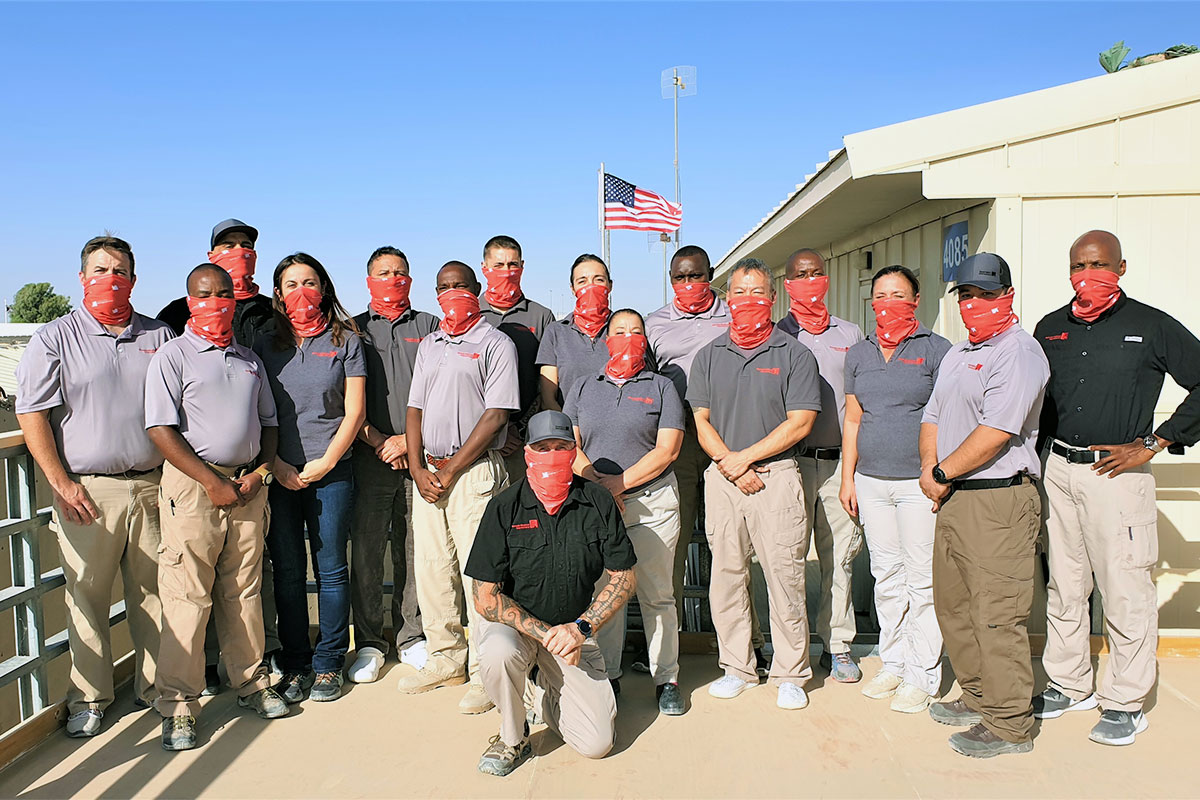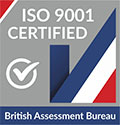During the last six months, I have attended a number of training courses and conferences; several of our remote area paramedics are recertifying this year and we tend to all get interested in the same courses, which means that we end up with a lot of extra CME credit each period. At any rate, most of these courses follow the same format where you watch PowerPoint slides displaying verbatim what the instructor is saying, and then a symbolic “scenario†where you play with a new device or gadget, one member of the group actually uses the thing on a simulator and the course is over. Most recently, I had a physician-instructor let us know that he had never actually used the device he was teaching us about.
First of all, if you ever walk away from any course of ours with this impression, please call the office and ask for me – I will personally provide you with a full-refund and sincere apology. The whole goal of medical education is to enable a person to act and understand what they are doing, and most importantly, make clinical decisions regarding interventions, treatment, and evacuation. In our case – all of our training is very specific to the remote setting where you must take care of a patient for multiple hours, days, or even weeks.
No course defies the standard training experience, or emphasizes our goals more so than the Remote Medicine for the Advanced Provider™(RMAP™) course. Every course we run is conducted in a remote setting, Costa Rica, China, and the Cascade Mountains routinely, as well as locations across the U.S. Lately, we have seen a dramatic rise in wilderness medicine courses for “ALS Providers†taught by EMT-Basics, where participants learn about improvised splinting, and basic emergency medicine. The RMAP™ is based on our collective experience providing ALS care in some of the most remote regions of the planet. Our instructors are remote area paramedics and physicians who have an on-going and uncommon experience providing medical care and rescue in unconventional, wilderness, disaster, and open-ocean settings. Discussions on realistic airway management, environmental emergencies, trauma care, medical emergencies, medical kits are all based on our current practices, research, and experience – and practiced in depth, with real equipment, outside. Lectures are interactive, with the classroom lights on, drawing from the rich body of knowledge that our students and staff possess.
I am no doubt a biased source on this issue, though our post-course reviews by students have yet to be less than an “Extremely Satisfied†and we have never had a student who did not check the “I would recommend this course to a friend†box. A military officer recently commented, “This is the best training course I have taken as far as usability, and applicable knowledge.†As a colleague, I invite you to a course you can look forward to, and personally promise that the RMAP™ will provide a positive and eminently useful educational experience whether you work in disasters, offshore, on expeditions, or you just have a general interest in wilderness medicine.
If you have any questions about this or other training courses, please don’t hesitate to call our office or visit our website.


